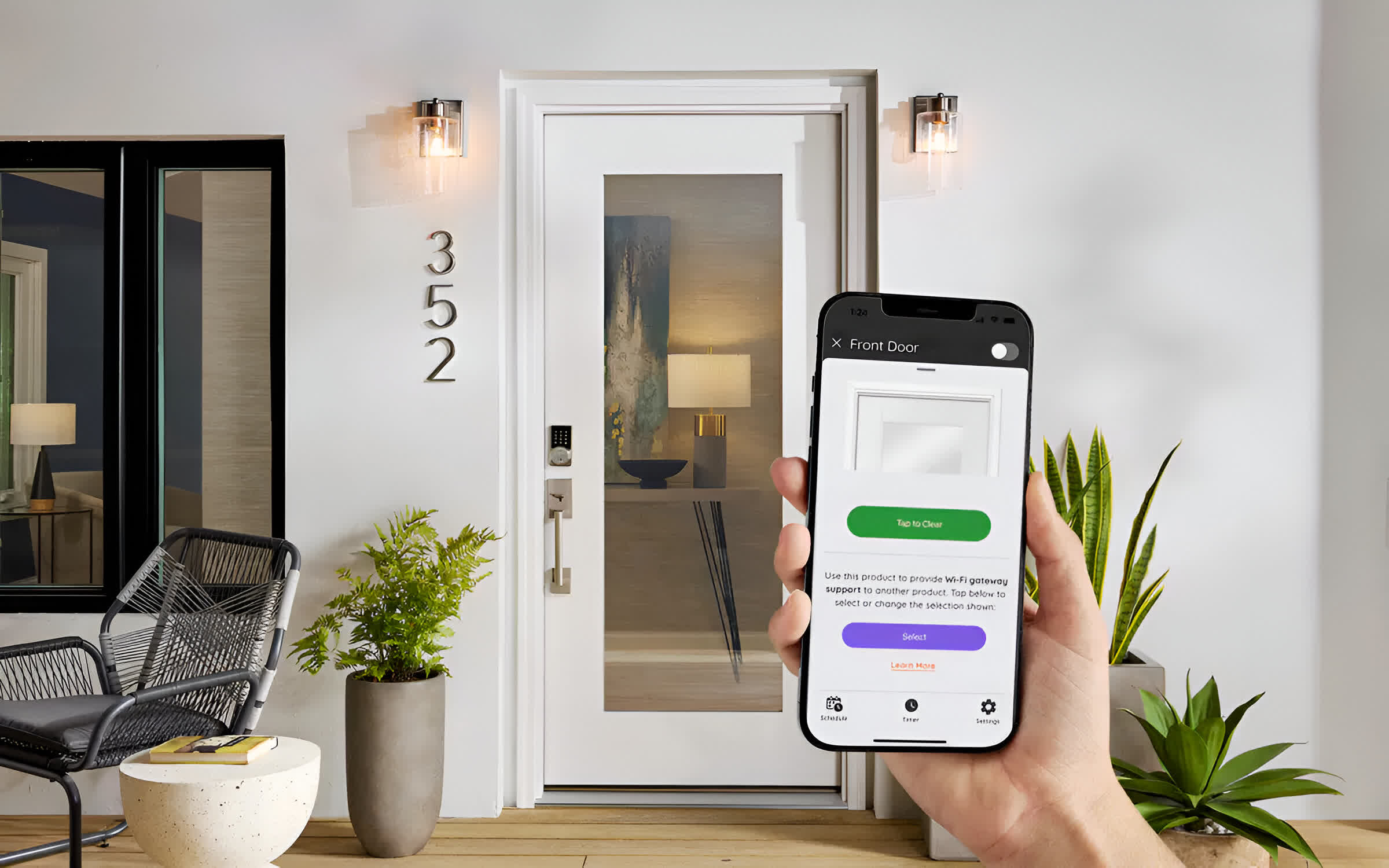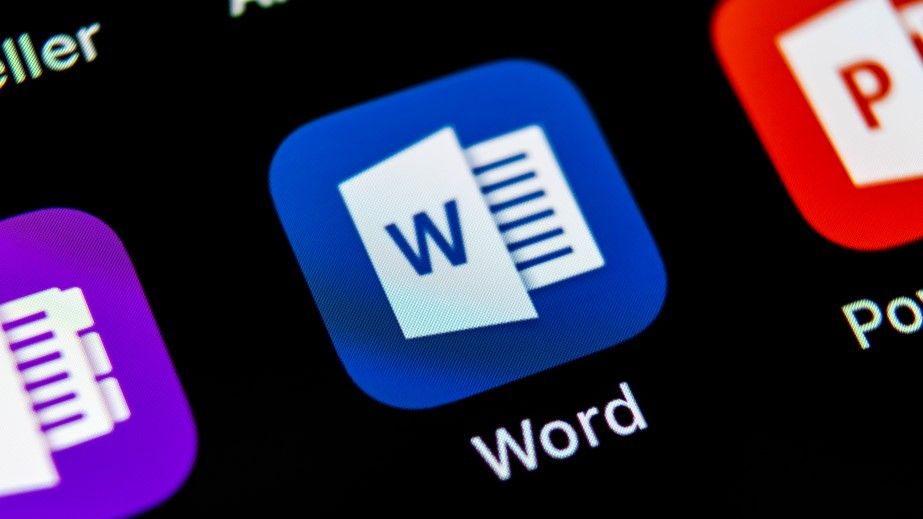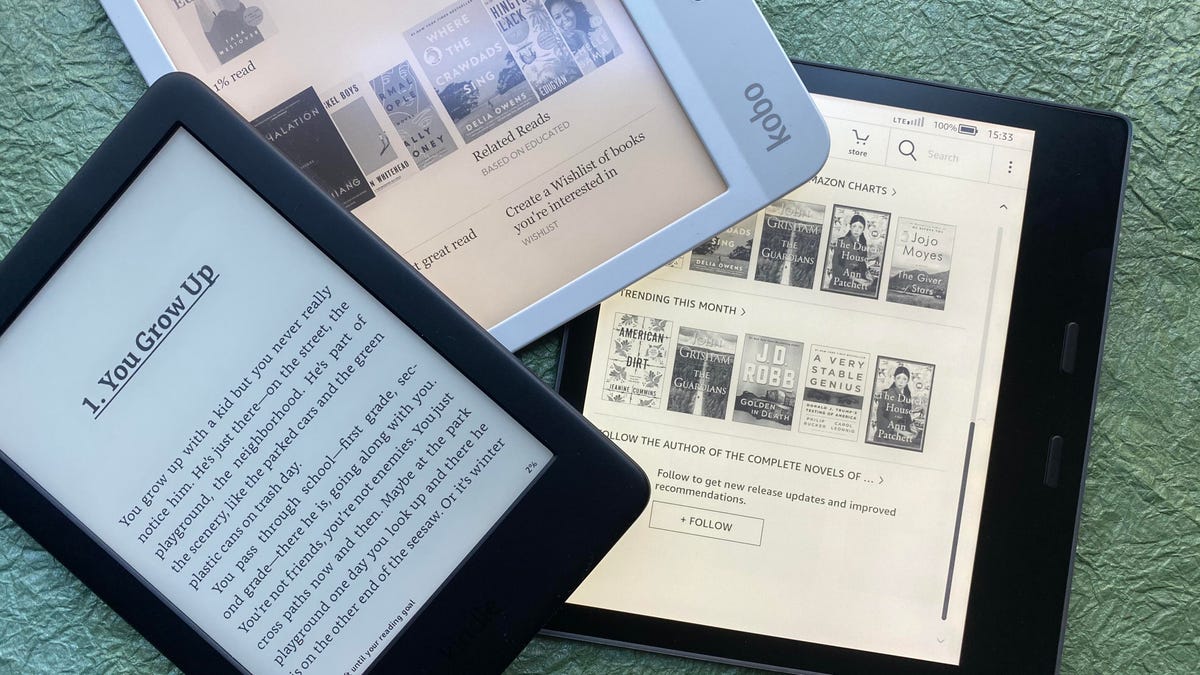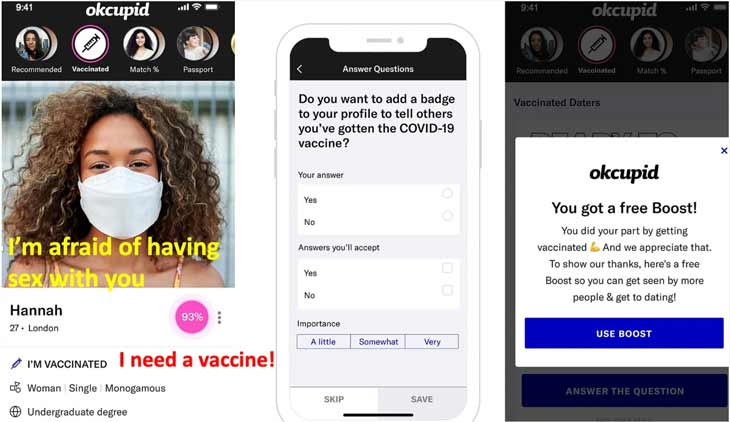[ad_1]
If you’re looking for the best VPN for Windows, you’ve got a wide range of options to choose from. Thanks to Windows’ dominance as a desktop OS, almost every major VPN provider offers a Windows-compatible app. That means if you’re a Windows user, it’s relatively easy to ensure you’re getting a secure VPN connection for your device, especially if you choose a VPN service that’s among our recommended providers. While MacOS users must factor in several Apple-specific requirements, finding the best VPN for Windows — and getting the widest range of protocol options to work with your device — largely involves sorting through the vast variety of competitors, which is what we’ve done for you here.
We researched and hands-on tested a slew of VPN services to determine the speediest and most secure VPN services for Windows 10 and Windows 11. Our CNET team specifically tackled a number of core factors in our testing, including security strength, reliability, browsing and streaming speeds, ease of remote access and value for the money. All the recommendations on our main list of the best VPN providers are compatible with all currently maintained Windows versions, and CNET has tested them for use in the latest available operating system. (That means they’ll work seamlessly on Windows 11, which is available for download on your desktop or laptop.) All of them also offer a stand-alone VPN client that will work without a hitch on your desktop.
Check out our top recommendations for the best VPN for Windows, ranked for performance across all categories, so that you choose the right VPN service for you.
And if you’re working with a slightly older device, be sure to read our guide on how to set up a VPN on Windows 10.
Product details
Savings 49% off with 12-mo plan (+3 free months)Latest tests No leaks detected, 2% speed loss in spring 2022 testsNetwork 3,000-plus servers in 160 locations across 94 countriesJurisdiction British Virgin Islands
Pros & Cons
Despite battling major upheavals through the end of 2021, ExpressVPN clinched our Editor’s Choice Award for best VPN in 2022. One of the two largest providers globally, the VPN titan has been in business since 2009 and once again aggressively raised the industry bar for service transparency this year.
Read more
Product details
Savings $2.49/mo with 24-mo plan (+2 free months)Latest tests Zero data leaks and 19% internet speed loss in fall 2022 testsNetwork 3,200-plus in 99 countriesJurisdiction Netherlands
Pros & Cons
Surfshark boasts an impressive suite of privacy and security features, unlimited simultaneous connections, easy-to-use interface and expansive global network. And it’s still significantly cheaper than most of its competitors. That’s what helped Surfshark earn CNET’s Editors’ Choice for Best Value VPN in 2022.
Read more
Product details
Savings 59% off with 24-mo plan (+ 3 extra months)Latest tests No leaks detected, 13% speed loss in summer 2022 testsNetwork 5,600-plus servers in 84 locations across 59 countriesJurisdiction Panama
Pros & Cons
NordVPN is one of the most recognized brands in the VPN field. It offers a generous simultaneous connection count, with six simultaneous connections through its network, where nearly all other providers offer five or fewer. NordVPN also offers a dedicated IP option for those looking for a different level of VPN connection, and the ability to VPN into Tor. More than half of Nord’s 5,000-plus server fleet is optimized for peer-to-peer sharing, though Nord has blocked torrenting in 14 countries.
Read more
Windows VPN FAQs
What’s the best VPN for Windows?
ExpressVPN is CNET’s current top pick for the best Windows VPN. The industry veteran has an impressive network of servers worldwide and provides a solid balance of speed, security and unblocking power.
Can you get a free VPN for Windows?
We don’t recommend free VPNs for a couple of reasons. First, free VPNs need to make money somehow — which most of the time involves selling your data to third parties. Some have even been found to be infected with malware. Besides being risky to use, free VPNs also generally lack the features and performance you’d want from your VPN service. You’ll typically have to contend with slow speeds, data caps, weak security, limited server locations and erratic unblocking capabilities with free VPNs. The best way to try a VPN for free is to take advantage of free trials and money-back guarantees offered by premium VPN providers. If you’re on a budget, you can also check out CNET’s list of the best cheap VPN services.
What’s the most secure VPN for Windows?
ExpressVPN, Surfshark and NordVPN all offer excellent security for Windows users. Each one offers the same AES 256-bit encryption, operates a RAM-only server infrastructure and has been independently audited. Along with crucial security features like a kill switch and DNS leak protection, each of the three VPNs offers additional features that can help enhance your online security and privacy. Surfshark’s CleanWeb feature will help you automatically block malware and phishing attempts. NordVPN offers Tor over VPN, double VPN and dark web monitoring features. In addition to ensuring data is never stored on its servers, ExpressVPN says its TrustedServer technology helps improve security and minimizes vulnerabilities and misconfiguration by loading the most up-to-date software every time a server starts up.
Can you get in trouble for using a VPN?
You typically won’t have to worry about getting into any sort of legal trouble for using a VPN in most parts of the world. However, you could potentially get in legal trouble for using a VPN if you’re in a country like China, Iran or any other country where VPNs are banned or outlawed. If you’re traveling, check the local laws regarding VPN use in the country you’re traveling to. Even if the country you’re in or traveling to does have restrictions on VPNs, you can hide your VPN use by connecting to an obfuscated server. Doing so disguises your VPN traffic as regular HTTPS traffic.
What does my ISP see when I’m connected to my VPN?
When you connect to a VPN, your ISP will be able to see that you’re connected to a VPN, but it won’t be able to see what websites you visit or your browsing history. Your ISP will see timestamps of when you connected to the VPN, the IP address of the VPN server you’re connected to and the amount of data you’re transmitting. But since the actual traffic is encrypted, your ISP will only be able to see that traffic as a random string of gibberish. If you don’t want your ISP to know you’re using a VPN, you’ll need to connect to an obfuscated server, if offered by your VPN provider.
For more, check out our picks for the best cheap VPN and the fastest VPN. And here’s why we recommend avoiding a free VPN and using a paid VPN whenever possible.
[ad_2]
Source link



















